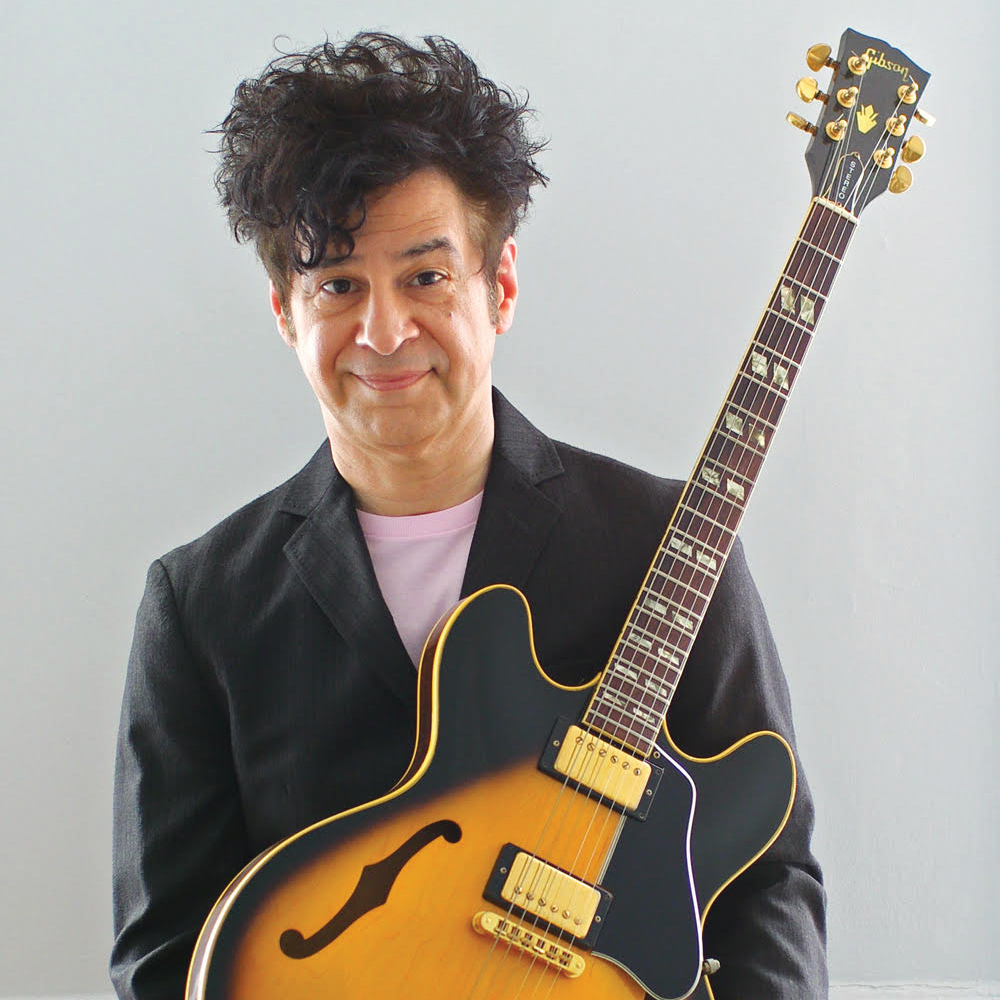Three Things You Need to Know About Chorus Pedals
A chorus pedal is a great way to create thicker sounds from a single signal. By taking your source signal, doubling it and setting the second signal slightly out of tune and time with the first, a chorus pedal can create the sound of two instruments playing simultaneously. Depending on how you set the oscillation rate and depth, or intensity, of the effect, you can create sounds that range from shimmering rotary-speaker-like textures to deep watery warbles.
Chorus has been a favorite effect of guitarists for years, and in this video, “Three Things You Need to Know About Chorus Pedals,” Phillip McKnight explores the pedal in depth. He talks about what chorus is, why you’d want to use it and how to use it. (Side note: There are a couple of times in his explanation when Phillip describes two vocalists singing in harmony, when he actually means in unison—singing the same note together rather than harmonizing.)
Take a look, and as always, visit Phillip’s YouTube channel for more of his videos.
Get The Pick Newsletter
All the latest guitar news, interviews, lessons, reviews, deals and more, direct to your inbox!
Christopher Scapelliti is editor-in-chief of Guitar Player magazine, the world’s longest-running guitar magazine, founded in 1967. In his extensive career, he has authored in-depth interviews with such guitarists as Pete Townshend, Slash, Billy Corgan, Jack White, Elvis Costello and Todd Rundgren, and audio professionals including Beatles engineers Geoff Emerick and Ken Scott. He is the co-author of Guitar Aficionado: The Collections: The Most Famous, Rare, and Valuable Guitars in the World, a founding editor of Guitar Aficionado magazine, and a former editor with Guitar World, Guitar for the Practicing Musician and Maximum Guitar. Apart from guitars, he maintains a collection of more than 30 vintage analog synthesizers.
“Our answer to everything players have asked for and more”: Neural DSP’s Nano Cortex had one major drawback – but now it’s been addressed with a huge free firmware update that takes on Kemper and TONEX
"The ability to use this as a midweight MIDI brain for a gigging setup is what makes it unique.": Walrus Audio Canvas Clock review



![[from left] George Harrison with his Gretsch Country Gentleman, Norman Harris of Norman's Rare Guitars holds a gold-top Les Paul, John Fogerty with his legendary 1969 Rickenbacker](https://cdn.mos.cms.futurecdn.net/TuH3nuhn9etqjdn5sy4ntW.jpg)







